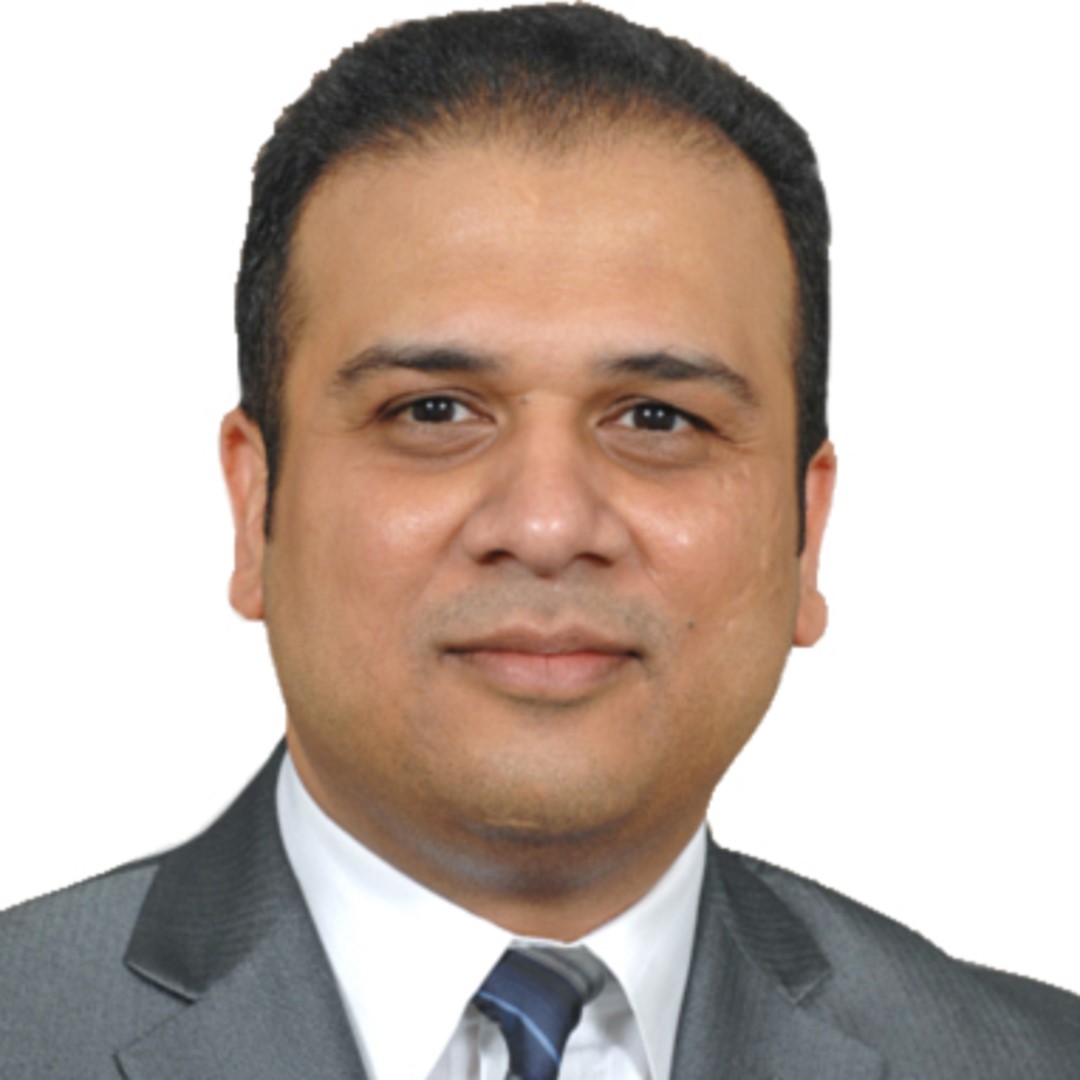Deeptankar DeMazumder, MD, PhD
Dr. Deeptankar DeMazumder (pronounced “Deep-Tunh-Car” “Dey” “Muh-Zoom-Der”) is Associate Professor of Surgery and of Internal Medicine (Cardiology) at the University of Pittsburgh School of Medicine and University of Pittsburgh Medical Center; Co-Director of the Global Engineering Network for Intelligent and Unified Healthcare Solutions (GENIUS), a multi-institutional research consortium led by the McGowan Institute for Regenerative Medicine and Carnegie Mellon University; and Attending Physician in Clinical Cardiac Electrophysiology at the Veterans Administration Pittsburgh Health System. He maintains ancillary appointments at the Indiana Institute for Medical Research, Richard L. Roudebush Veterans Administration Medical Center, Indiana University School of Medicine, and Icahn School of Medicine at Mount Sinai.
Dr. DeMazumder started his career as a High School Scholar at the NYU School of Medicine and Brooklyn Technical High School. He completed his Pre-Doctoral Fellowship at the University of Pennsylvania School of Medicine; B.Sc. in Biochemistry and Cybernetics at Stony Brook University; Ph.D. in Biophysics (Synaptic Electrophysiology) at Stony Brook University School of Medicine; M.D. at Medical College of Virginia, Virginia Commonwealth University School of Medicine; Internship in Internal Medicine at the Icahn School of Medicine at Mount Sinai; Residency in Internal Medicine at the University of Virginia; Clinical Fellowship in General Cardiology at the Johns Hopkins Hospital; Clinical Fellowship in Cardiac Electrophysiology at the Johns Hopkins Hospital; and Research Fellowship in Neurocardiology at the Johns Hopkins University through the NIH NHLBI K99-R00 career development pathway. His prior employment includes faculty appointments at the Johns Hopkins University School of Medicine and University of Cincinnati College of Medicine. The details of his early career path are published online: https://www.ahajournals.org/doi/10.1161/CIRCRESAHA.118.314016
His long-standing record includes transforming clinical observations into testable research hypotheses, translating his basic research findings into medical advances, and evaluating personalized treatment protocols in rigorous clinical trials, while providing clinical care to individuals with heart rhythm disorders. Moreover, he continues to mentor the next generation of physicians, physician-scientists, biomedical researchers and engineers.
His Basic and Translation Research Lab integrates fundamental mechanistic studies of stress-induced alterations in oxidative stress and heart-brain signaling that cause critical illness such as sudden cardiac arrest and heart failure. His complementary Clinical and Computational Research employs novel artificial intelligence and machine learning (AI/ML) strategies in parallel studies of animal models and humans including fundamental new AI/ML algorithms designed by Dr. DeMazumder for personalized diagnosis and treatment of critical illness. He is the Principal Investigator of large multisite clinical studies and trials, aimed at enhancing the health and well-being of individuals and taking personalized medicine to the next level. His research has been supported by multiple NIH grants including the T32, K99, R00, U54 and the NIH Director’s New Innovator DP2 awards; two Department of Defense grants; an award from the Leducq Foundation; and five grants from the American Heart Association (AHA) including the AHA Transformational Project Award and four AHA awards on AI/ML
Dr. DeMazumder has won numerous accolades for his contributions to the art and science of medicine. This includes national and international recognition for developing new academic programs and providing free healthcare to indigent patients across the globe. He is the only person to have won First Place on two separate years for innovative and clinically-impactful research at the Northwestern Cardiovascular Young Investigators’ Forum. He was invited to testify as an expert at the House Policy Hearing on AI/ML and Precision Medicine. His research achievements were highlighted in an online publication by the NIH Director:

Name: Deeptankar DeMazumder, MD, PhD
Email Address: deeptankar@pitt.edu
